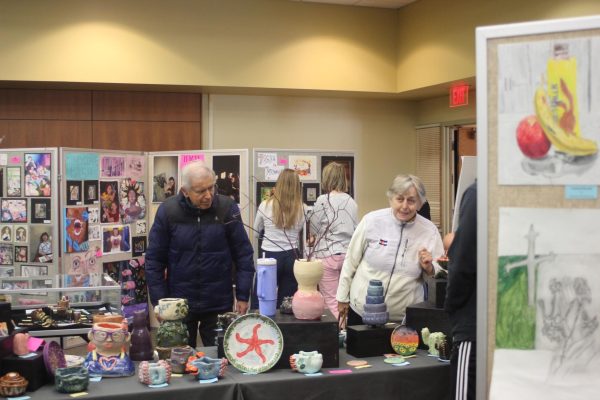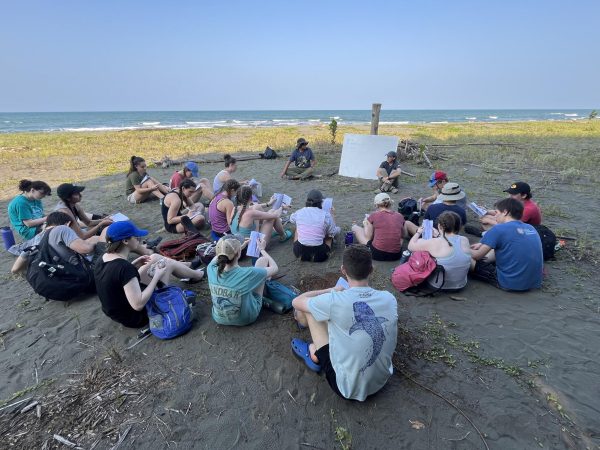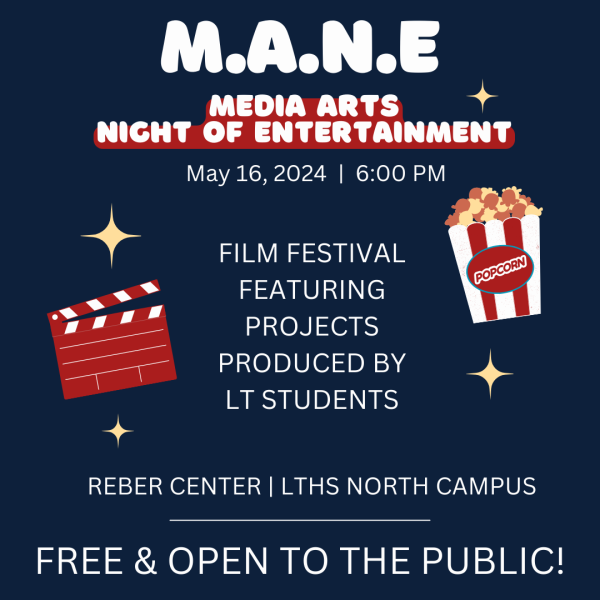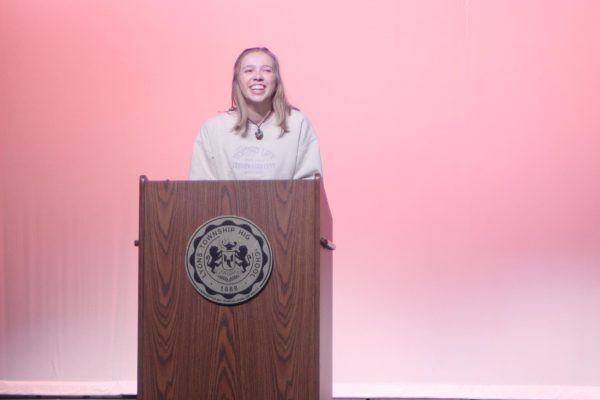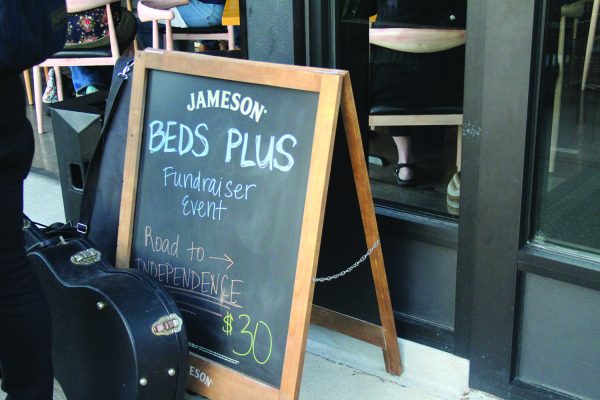Student reporters confront school over censorship
December 1, 2017
A group of student journalists at Evanston Township High School assembled Oct. 5 for a Monday night Board of Education meeting equipped not with their traditions tools of notepads and pens—but with lawyers.
On Sept. 22, student journalists with ETHS’ school newspaper, The Evanstonian, were distributing their first issue of the school year when they were told to cease distribution. The administration argued that a two-page section discussing marijuana glorified student drug use and forced the students to stop the distribution of the paper.
Approximately 500 issues were distributed in the hour before the school pulled what a student press lawyer called “the nuclear option.” They pulled the papers out of circulation and left the students struggling with how to proceed with future issues of the paper.
“When student journalism incites unlawful acts, violation of school policy or disrupts the school, the administration has the authority to impose limits,” ETHS said in a statement. “The articles on Sept. 22 did cross these lines and were removed from circulation for that reason.”
Almost two weeks later, Evanstonian staff members lamented over the confiscation at their school’s monthly Board of Education meeting, with local lawyers and student journalists arguing for redistribution.
“We were disappointed when our most recent issue was confiscated because it touched on a controversial topic,” Margo Levitan, Online Executive Editor at the Evanstonian, said. “As student journalists, we hope that Evanston’s message of free speech would apply to student voices as well, even if that topic is considered taboo.”
But Evanstonian reporters didn’t just think that the confiscation of the paper was disappointing, they also thought it was illegal. The 2016 Illinois Public Act prohibits the censoring of student media unless certain criteria enumerated in the law are met (school publications are not fully protected under the First Amendment).
“This issue goes beyond just the content of the paper, it is a matter of principle,” Michael Colton, executive editor at The Evanstonian, said.
The pages, entitled “The Pot Thickens,” included coverage on the efforts to legalize marijuana in Illinois, marijuana’s medicinal uses, the impact school stress has on marijuana usage and, most controversially, an interview with a drug dealer.
The interview with the drug dealer—who was granted anonymity—provided information regarding their process and the revenue reaped from their activity, which school officials claim “promote illegal conduct.” The newspaper’s advisor disagreed.
“I felt, as an adult, that they did it in a responsible way,” Rodney Lowe, the advisor of The Evanstonian, said. “I think it was a situation where they [the administration] just felt like the topic was something we shouldn’t touch on.”
During the board meeting, Evanstonian News Editor Trinity Collins argued that—since “marijuana is a part of student culture” at ETHS—they deemed it necessary to “use our student platform to professionally report on a relevant topic.”
Many student editors during the board meeting were ardent that they took a responsible approach to the section and emphasized that they were not intending to promote the use of marijuana.
“I want to make clear that our purpose in printing these stories was to discover why so many students smoke marijuana or used marijuana and our purpose was not to promote any usage,” Collins said.
The paper was redistributed on Nov. 3, over two months after the original distribution was first halted. However, the student journalists were required to add information on the harms and risks of marijuana before they were allowed to redistribute.
The Evanstonian incident highlights the difficulty of fostering a free student press when the subjects of their scrutiny are also the source of the resources needed to operate. Even though it is illegal in Illinois, Mike Hiestand, a lawyer for the Student Press Law Center, said proving censorship can be difficult because it is a matter of motive.
“School officials are clever; they are savvy as far as the law goes,” he said. “They can come up with all sorts of subterfuge and other reasons for engaging in the censorship.”
In the case of the Evanstonian, Hiestand said the nuance is in whether or not the article would “incite other students to go out and hit the bong,” which he doesn’t buy.
“I think it is a stretch,” he said. “It has to be very immediate. The incite standard has to be more than just persuading and suggesting. It really is they read this article and I’m going out to buy a bong.”

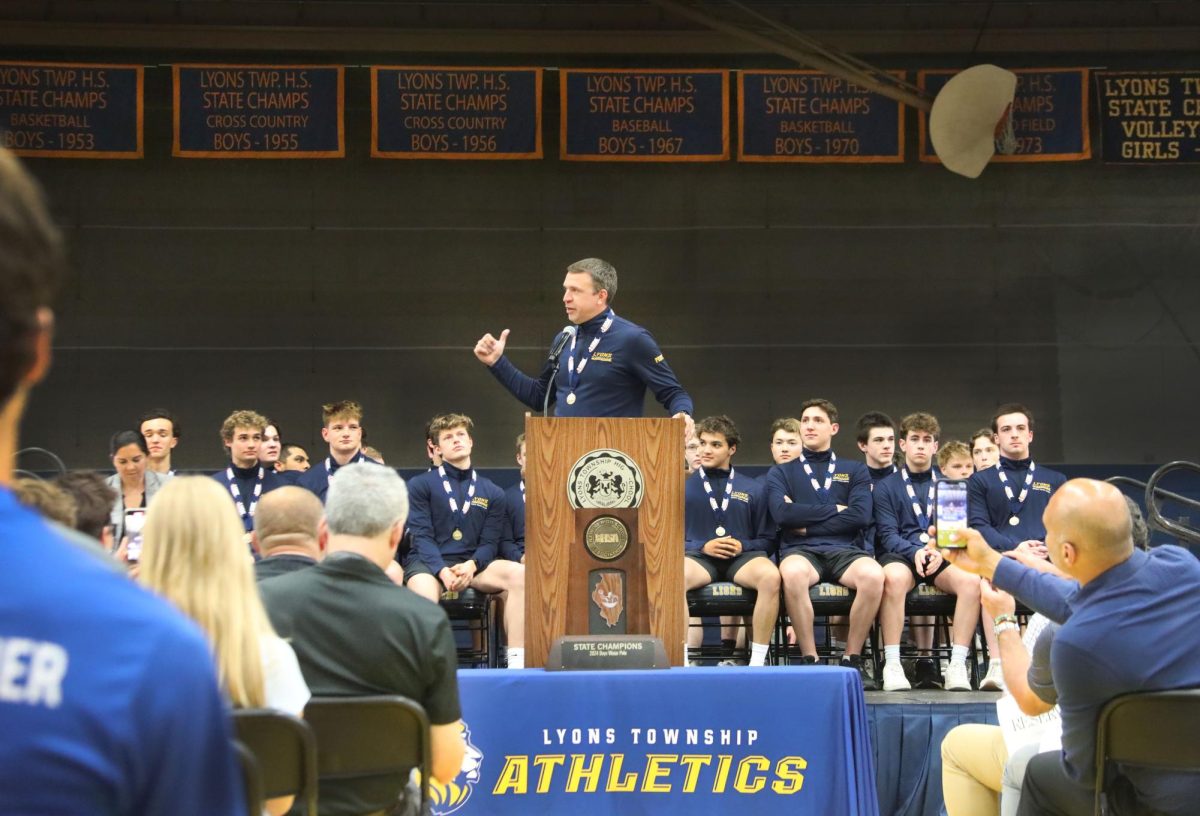


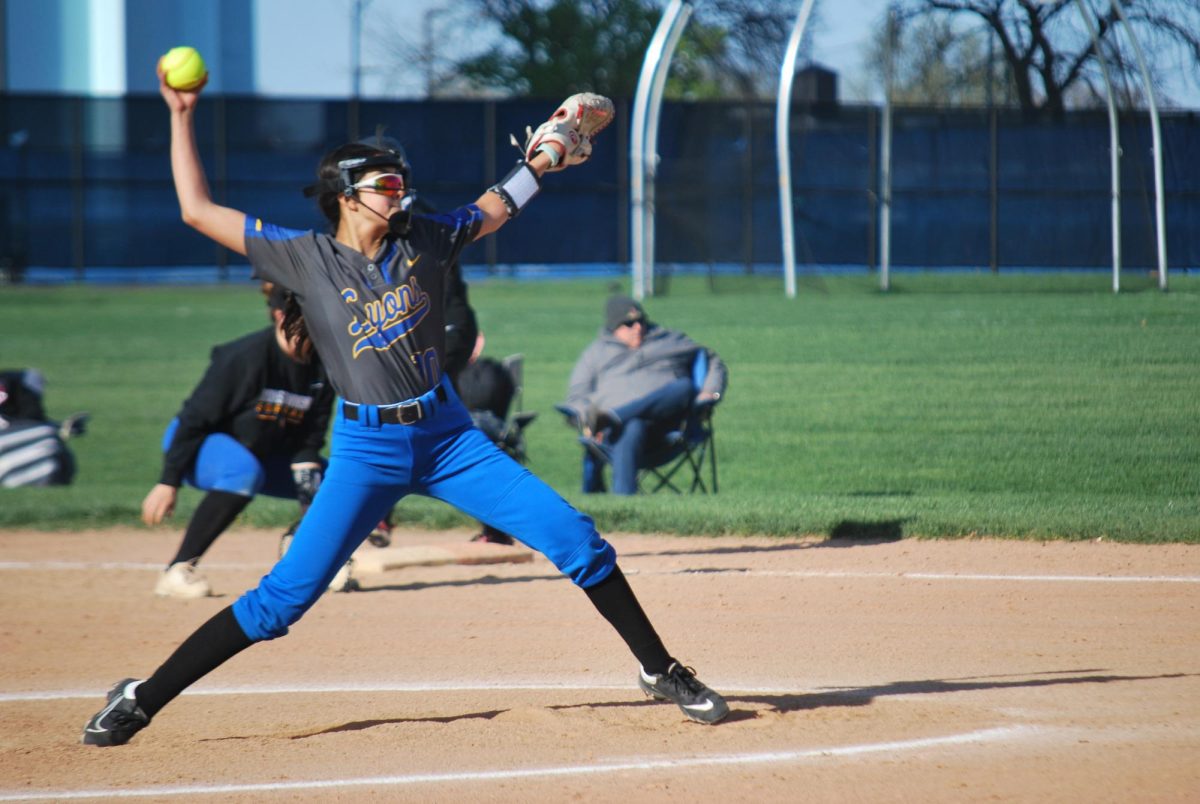
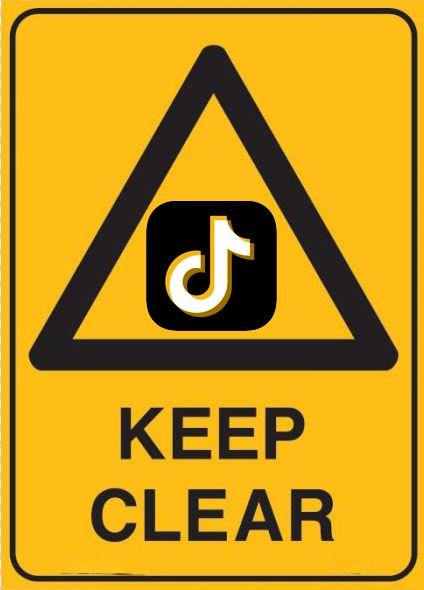
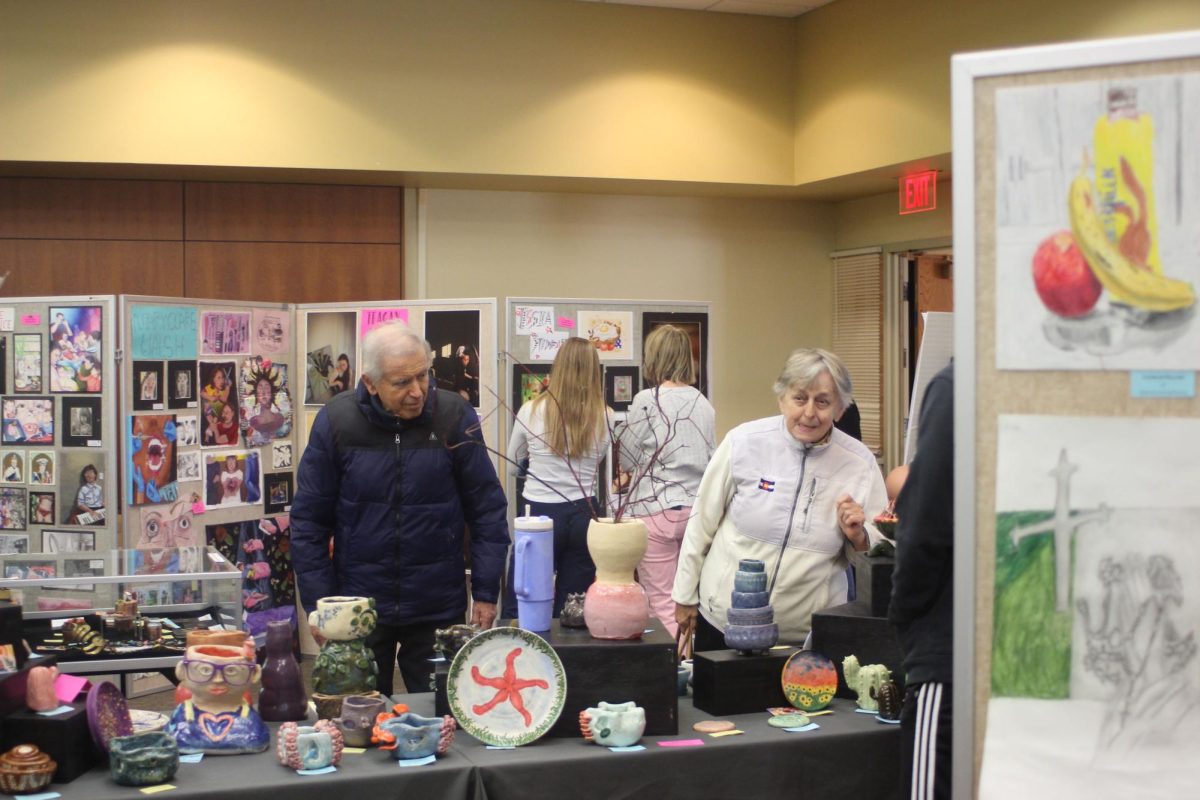

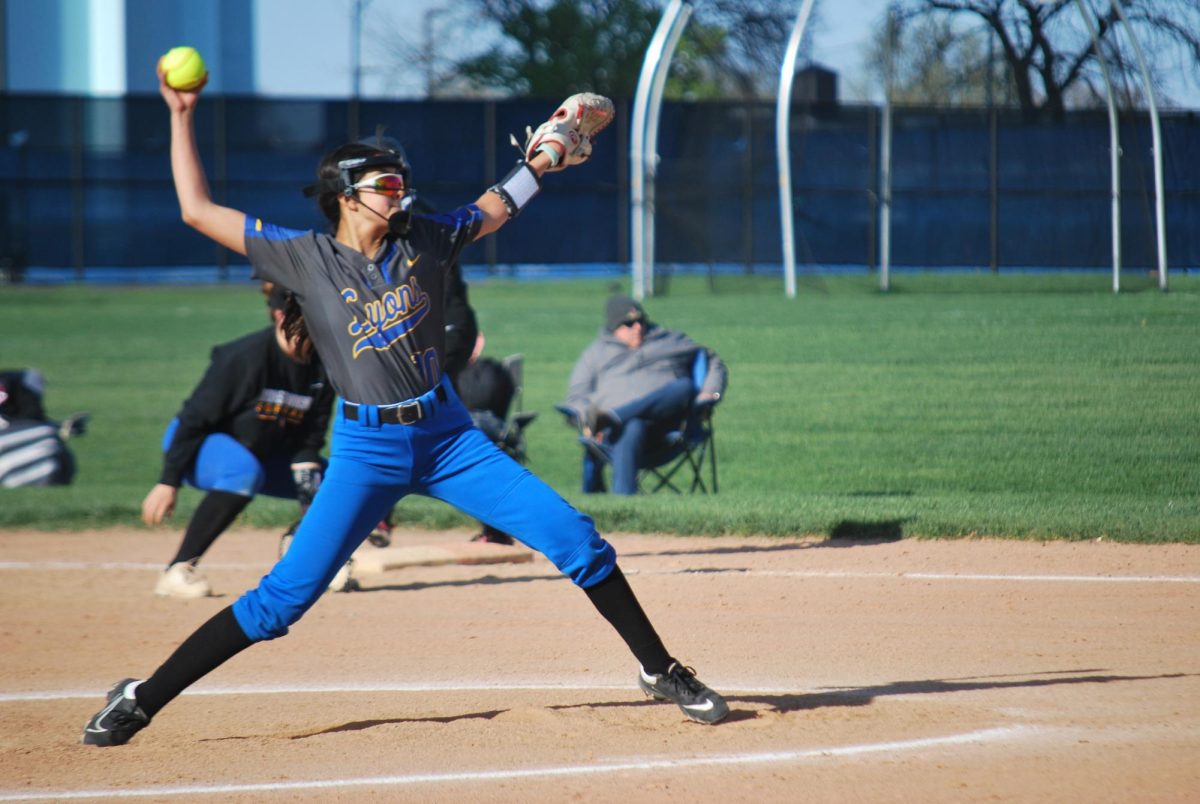

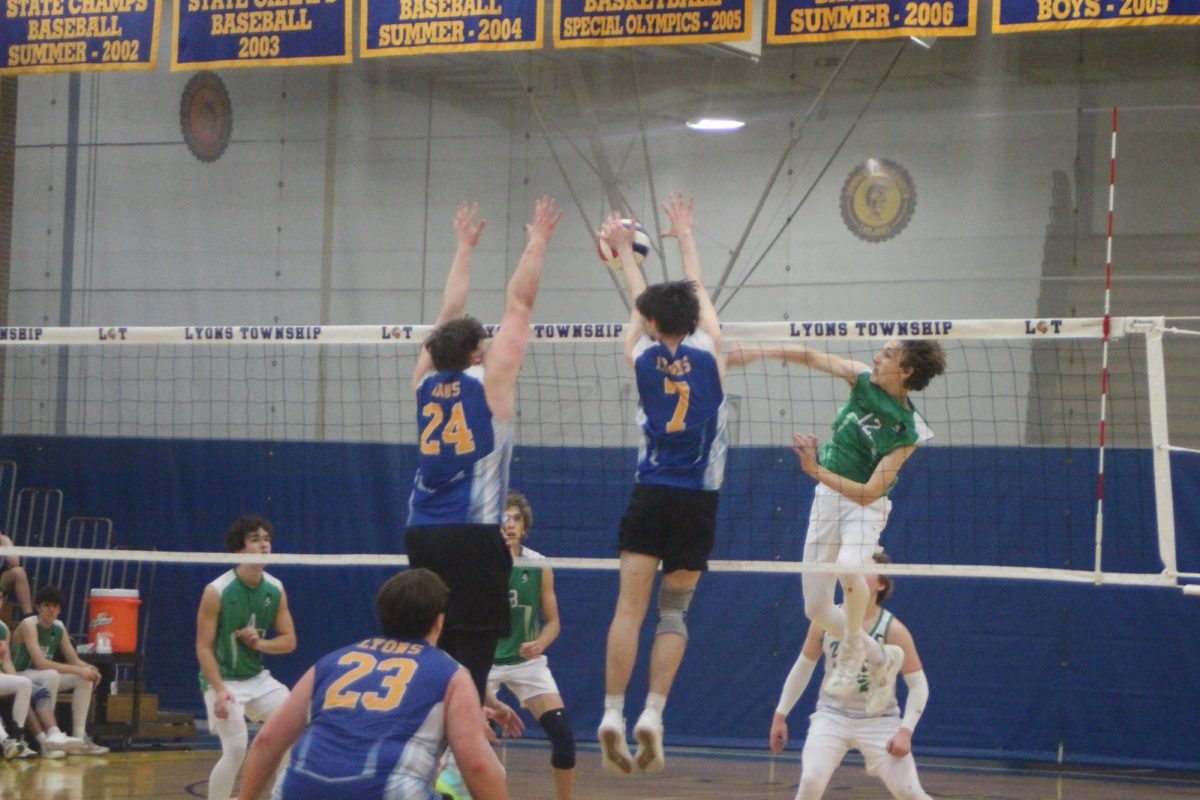








![Movie poster for [Rec] (2007).](https://www.lionnewspaper.com/wp-content/uploads/2023/04/rec-640x900.jpg)



